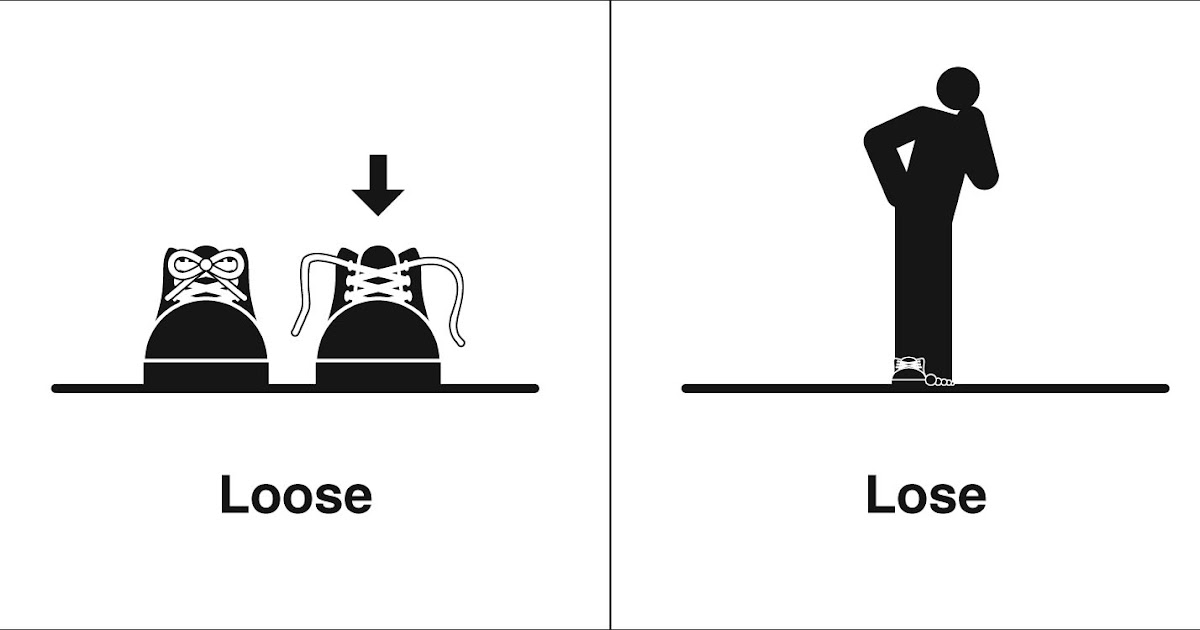Grammar Chaos: Don’t Lo(o)se It—The Difference between Lose and Loose
Posted on May 17, 2017
There are hundreds of homophone pairs in the English language, but one pair that seems to confuse everyone is loose and lose. If you’re one of the people who still swap the two, you’re in luck. We’re going to change that right here and right now.

Before we get into the nitty-gritty, here are a few examples to get us started.
The button on his coat was loose, so he sewed it back in place.
You were bound to lose that coat when you left it at the restaurant.
Her dog is on the loose.
I’m bound to lose that bet.
See the difference yet?
Loose is used mostly as an adjective, which means “not tight.” Loose may also be used as a verb, meaning “to release,” but the verb form “loosen” is used more often. The word is pronounced /loos/, with a soft s sound.
Lose, on the other hand, is solely a verb, which means “to suffer a loss.” The word is pronounced /looz/, with a hard s that almost sounds like a z.
Easy enough to understand, right? To help you understand even further, here are some sentences where both words are used.
The kid is bound to lose his loose tooth.
The loud loose floorboard was making Mom lose her mind.
It’s easy to lose a loose screw.
If you’re still confused, here’s a neat little mnemonic trick to help you remember: the word lose has lost an o.
Got more chaotic grammar questions? Shoot us a message! We might feature your query next.
Sources:
- Loose or Lose?
- Lose vs Loose
- Loose vs. lose
- Loose vs. Lose
- Lose vs. Loose vs. Loosen: What’s the Difference?
- Loose vs Lose
- ‘Loose’ or ‘lose’?
Disclaimer: Image is not ours. Credit to the owner.
About 1-Hour Proofreading
1-Hour Proofreading is a growing start-up offering fast and efficient editing services at a reasonable price, with the assurance that the document is publication-ready the soonest you need it. Its team of highly competent professional editors is committed to helping those in need of quality editing services while facing tough deadlines.
Visit 1hourproofreading.com for more details.
Follow us:
Back to Grammary



